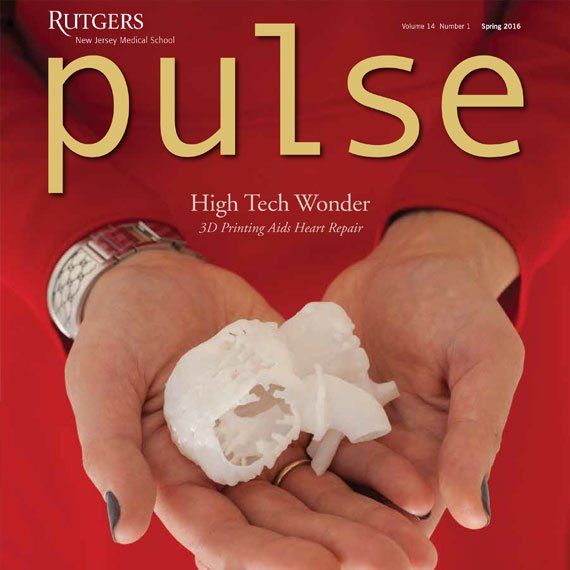Deconstructing Dreams

Last week, I dreamed that my daughter, Maggie, was riding a whale in an ocean of anxiety. She had just gone back to work at New York University’s Langone Medical Center after her maternity leave so there were good reasons for waves of anxiety. Leaving her baby for long 12-hour shifts with a loving dad, a capable sitter, or a willing grandmother provoked those waves of worry even though we three felt up to the task. But a whale? What in the world could the presence of this enormous sea animal mean? So I looked it up in The Dreamer’s Dictionary (Treasure Press) by Stearn Robinson and Tom Corbett and was shocked to find: “This big creature is a splendid dream omen signifying protective influences around you.”
You might laugh about that whale but after reading “Experimental research on dreaming: state of the art and neuropsychoanalytic perspectives” by Perrine M. Ruby in Frontiers in Psychology (published on November 18, 2011), I could see that the news was good. This had been an effective dream, one that presented “some solution to the individuals’ problems.” Author Ruby, who is on the Brain Dynamics and Cognition Team at the Lyon Neuroscience Research Center at the University of Lyon in France, writes, “Dream content is influenced by one’s personal life, especially personal concerns.” Well, of course, you know that. But this review article brought me several new insights. “Dreaming may actively moderate mood overnight in normal subjects.” ( Cartwright et al. 1998 a,b) And with a little nocturnal training, a dreamer can become “more efficient at resolving threatening situations during wakefulness.” Meanwhile, people with “thinner boundaries” – those who are “open, trustworthy, vulnerable, sensitive, more anxious” are more likely to remember dreams.
Ruby refers to researcher Michel Jouvet who gets the credit for the popular belief that “dreaming serves a vital function” ensuring the neuronal circuitry that might have been modified during the day. (Yes, let’s call that the impact of everyday stress.) Dreaming, according to Jouvet, preserves the genetic program that codes for our psychological makeup, a “process that ensures the stability of personality across time.” Wonderful news for a new mother heading back into the stressful world of work in a big city whale of a hospital!
To read this wonderful review article, go to: http://www.ncbi.nlm.nih.gov/pmc/articles/PMC3220269/pdf/fpsyg-02-00286.pdf



















